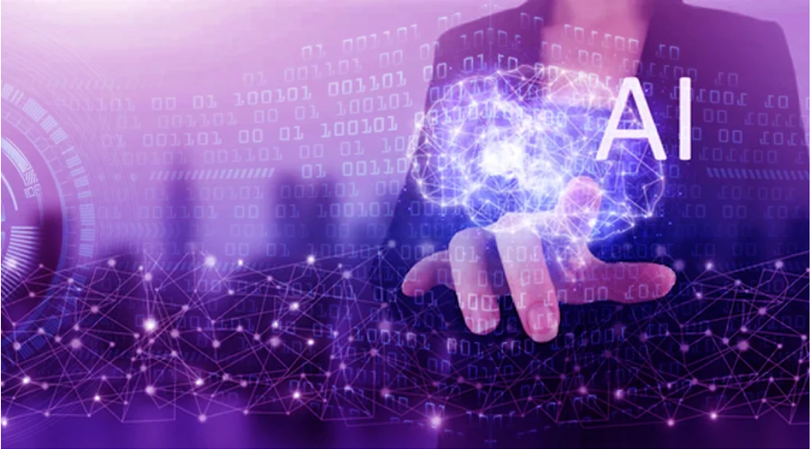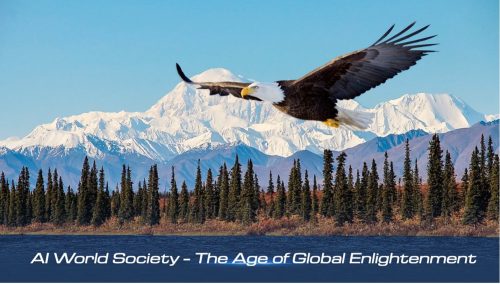The evolution of artificial intelligence is a perpetual stream of wonder, optimism, and terror. AI, like any other technology, may be utilized for good or harm. The same algorithm may be used to enhance healthcare as well as create false news videos. Based on how it is employed, today’s AI may be both a huge advantage to society and a threat to democracy.
The tough thing with machine learning is that it may go horribly wrong even if the designers have the best of intentions and want to do well.
Chatbots that become racist, for example, or image recognition algorithms that are trained on non-representative data - none of it was intended to harm anyone, but they did.
Today, corporate trust is at an all-time low. Unintentional repercussions of technology are a danger that might result in public shame and controversies. This can jeopardize people’s privacy, health, or lives, as well as harm a company’s brand and shareholder profit.
Taking a strong stance has the potential to set one’s firm apart from the competitors and increase client satisfaction.
The original article was posted at Analytics Insight.
The Boston Global Forum (BGF), in collaboration with the United Nations Centennial Initiative, released a major work entitled Remaking the World – Toward an Age of Global Enlightenment. More than twenty distinguished leaders, scholars, analysts, and thinkers put forth unprecedented approaches to the challenges before us. These include President of the European Commission Ursula von der Leyen, Governor Michael Dukakis, Father of Internet Vint Cerf, Former Secretary of Defense Ash Carter, Harvard University Professors Joseph Nye and Thomas Patterson, MIT Professors Nazli Choucri and Alex ‘Sandy’ Pentland, and Vice President of European Parliament Eva Kaili. The BGF introduced core concepts shaping pathbreaking international initiatives, notably, the Social Contract for the AI Age, an AI International Accord, the Global Alliance for Digital Governance, the AI World Society (AIWS) Ecosystem, and AIWS City.











